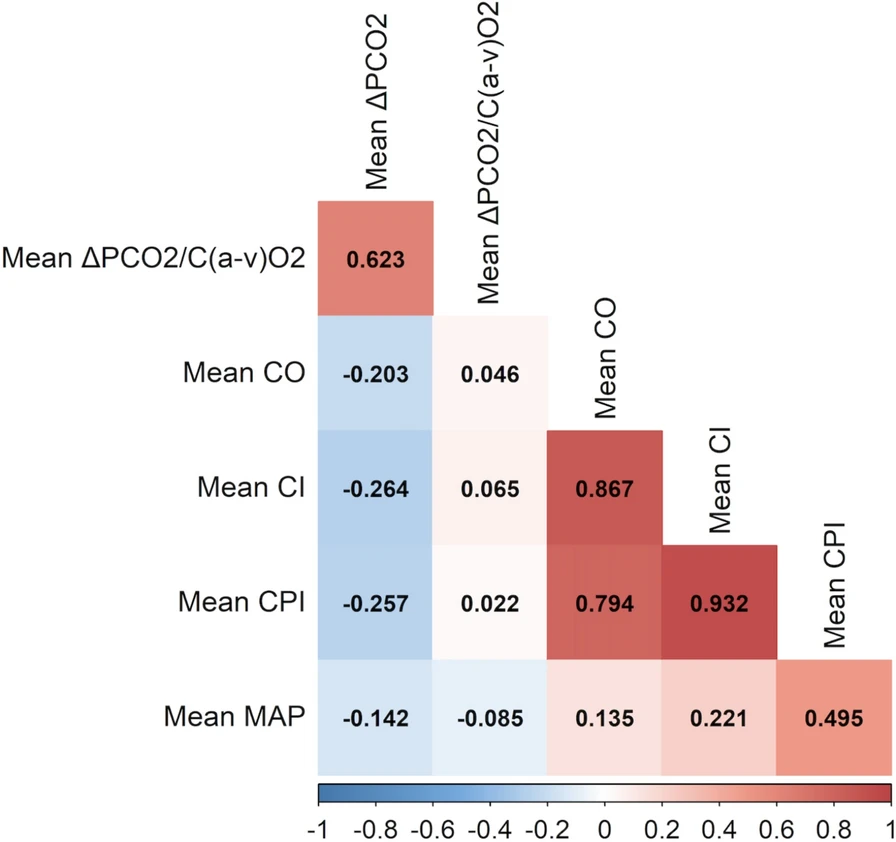Summary
Renaudier et al. conducted a multicenter study to evaluate the impact of fluid balance on outcomes in patients admitted to intensive care units (ICUs) after out-of-hospital cardiac arrest (OHCA). The study found that a positive fluid balance was consistently associated with increased mortality, highlighting potential benefits of restrictive fluid management in this patient group.
Key Points:
- Study Overview: The observational multicenter study included 816 adult OHCA patients admitted to 17 ICUs, analyzing fluid balance effects on 90-day survival and secondary clinical outcomes.
- Fluid Balance Definition: Positive fluid balance was defined as cumulative fluid input exceeding output by day seven or at ICU discharge or death.
- Prevalence of Positive Fluid Balance: 74% of patients exhibited a positive fluid balance, reflecting a common clinical scenario in post-cardiac arrest care.
- Primary Outcome – Mortality: Positive fluid balance significantly increased 90-day mortality risk (HR = 1.8; 95% CI 1.3–2.3; p<0.001) after adjustments in multivariate analyses.
- Dose-dependent Relationship: A clear dose-response relationship was identified, with increasing mortality observed across higher fluid balance quartiles, supporting the detrimental impact of fluid overload.
- Renal Replacement Therapy and Oxygenation: Positive fluid balance was associated with a higher incidence of renal replacement therapy (10% vs. 2%, p=0.001) and poorer oxygenation indicated by lower PaO₂/FiO₂ ratios.
- Landmark and Propensity Analyses: Robustness of findings was confirmed through landmark analyses at multiple time points and propensity score matching, which consistently supported the primary conclusions.
- Neurological Outcomes: Positive fluid balance was independently linked to worse neurological outcomes, defined by higher modified Rankin scores.
- Clinical Recommendations: The study suggests that restrictive fluid management strategies could be beneficial for improving outcomes in OHCA patients, advocating careful fluid administration.
- Future Research: The authors emphasize the necessity of prospective randomized studies to definitively establish optimal fluid management strategies following cardiac arrest.
Conclusion
Positive fluid balance after OHCA is frequently observed and consistently associated with worse clinical outcomes, including increased mortality and renal dysfunction. These findings strongly advocate for further interventional studies to explore the efficacy of restrictive fluid management approaches.

Listen to thee following podcast “HOT TOPICS: Critical Care Management of Patients After Cardiac Arrest” by Neurocritical Care Society
Open Access This article is licensed under a Creative Commons Attribution 4.0 International License, which permits use, sharing, adaptation, distribution and reproduction in any medium or format, as long as you give appropriate credit to the original author(s) and the source, provide a link to the Creative Commons licence, and indicate if changes were made. The images or other third party material in this article are included in the article’s Creative Commons licence, unless indicated otherwise in a credit line to the material. If material is not included in the article’s Creative Commons licence and your intended use is not permitted by statutory regulation or exceeds the permitted use, you will need to obtain permission directly from the copyright holder. To view a copy of this licence, visit http://creativecommons.org/licenses/by/4.0/.

